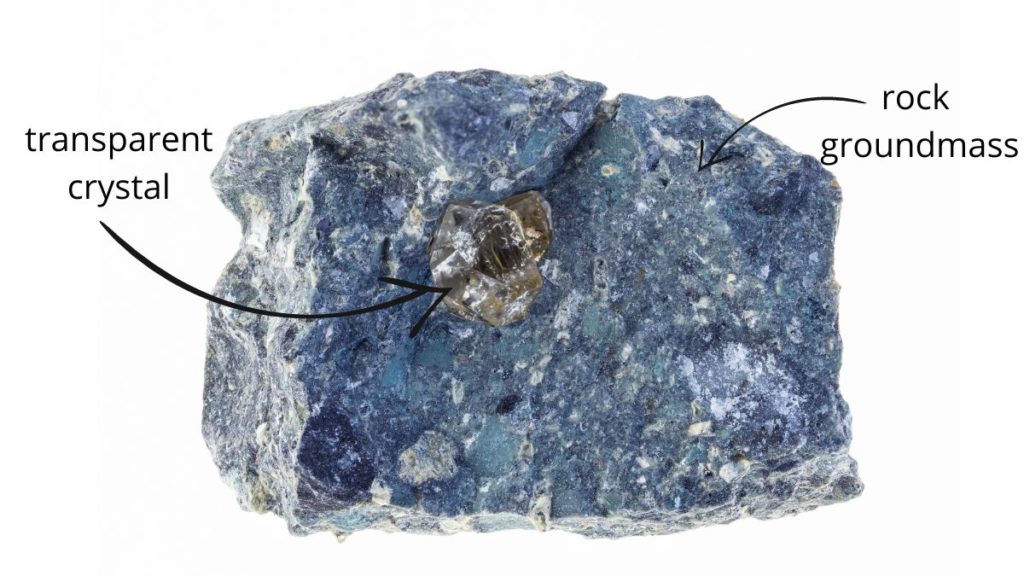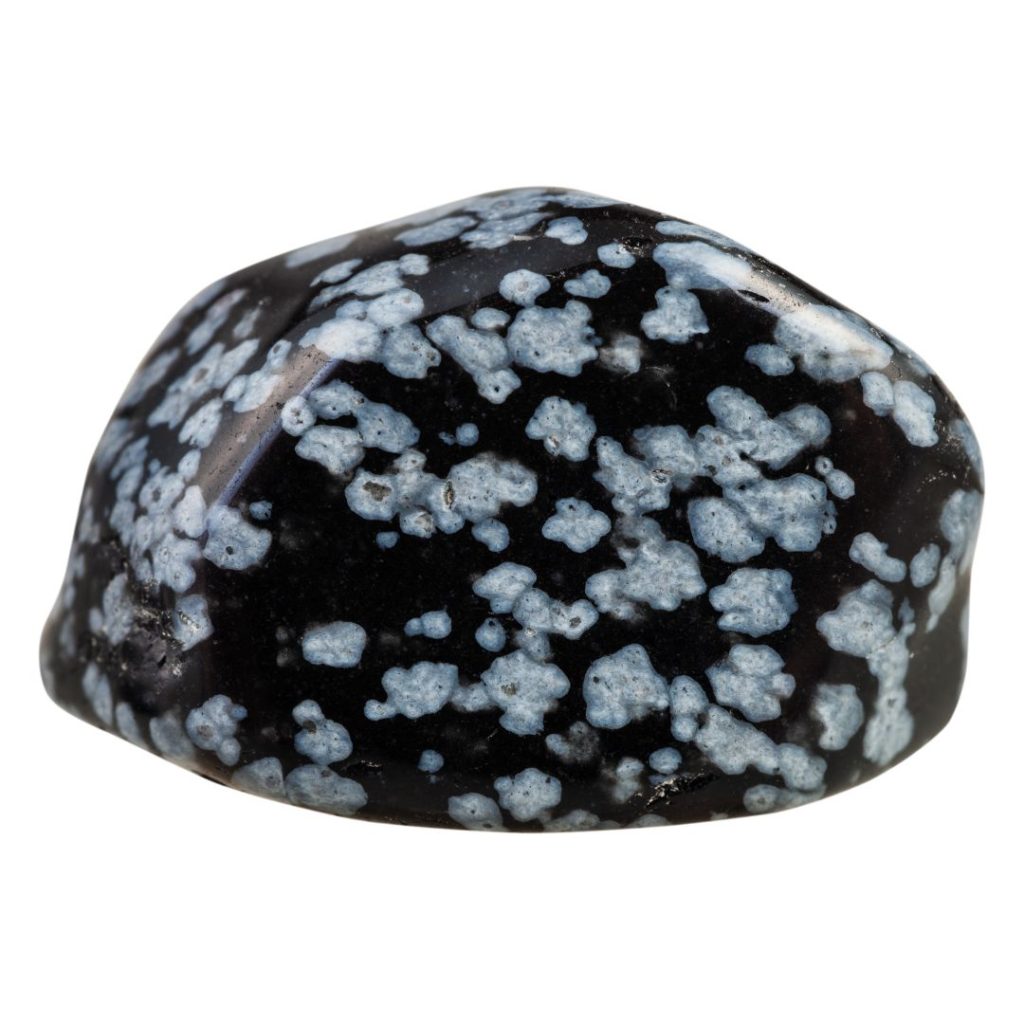
The crystals form as octahedra, cubes, dodecahedra, and tetrahedra, often with curved faces. Diamond also occurs in rounded masses with a radiating structure (bort) and as micro crystalline masses (carbonado). It may be colorless, white, gray, orange, yellow, brown, pink, red, blue, green, or black. The streak is white. Diamond is transparent to opaque and has an adaman tine to greasy luster. It is used chiefly as an industrial abrasive and is also a highly valued and sought-after gem.
FORMATION Found in ultramafic rocks (kimberlites), forming pipelike intrusions.
TESTS The hardest of all the known minerals—it cannot be scratched by any other mineral.
Group: NATIVE ELEMENTS
Composition: C
Hardness: 10
SG: 3.51
Cleavage: Perfect octahedral
Fracture: Conchoidal

[…] Can graphite be used as a substitute for diamonds? […]